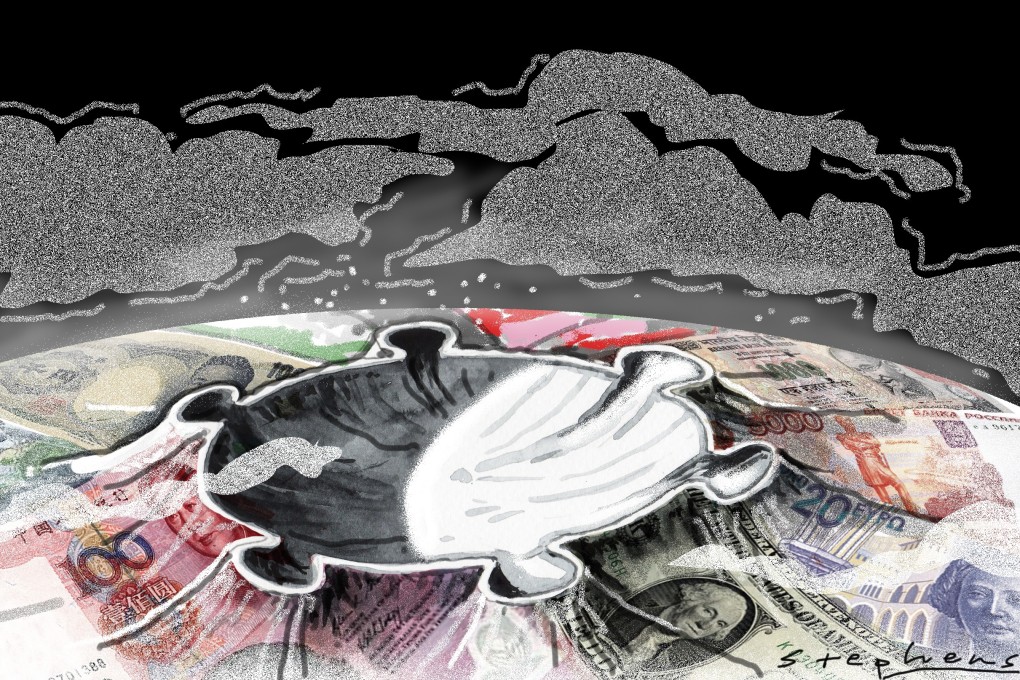Advertisement
Opinion | The coronavirus and financial contagions demand a joint response. Can China and the US deliver?
- As the public health crisis spreads to global markets, recovery will depend on two factors: whether China seizes the chance to pursue economic reform, and whether the US and other major economies take coordinated action, like in 2008
Reading Time:4 minutes
Why you can trust SCMP

The cratering of global markets last week made it clear that what started as a global health crisis is rapidly becoming a global economic crisis, and possibly a financial crisis. For recovery to occur, the world needs coordinated action at all three levels.
Now that the number of cases in China appears to have plateaued, how deep the economic crash will be and how long the crawl to recovery depends on two critical factors: the nature of the Chinese economic response itself, and whether there is a coordinated global response at scale – as opposed to the every-man-for-himself approach which seems to have been adopted so far.
Even with a large portion of its population returning to work, and businesses and factories reopening, the immediate damage to China’s economy will be significant. First-quarter GDP growth will be negative, given what is evident from satellite data, traffic density and electricity consumption.
Advertisement
The second quarter should see a level of recovery, but not large enough to dig the Chinese economy out of a deep ravine. As for the second half of the year, no amount of Chinese stimulus can make up for lost activity in the first half of the year – not least because of the double effect that China will suffer from as export orders collapse and China’s major trading partners go into recession themselves because of the coronavirus.

Companies in all economies will now face major cash-flow problems as they struggle to cope with either supply chain disruption or falling demand.
Advertisement
Advertisement
Select Voice
Select Speed
1.00x
